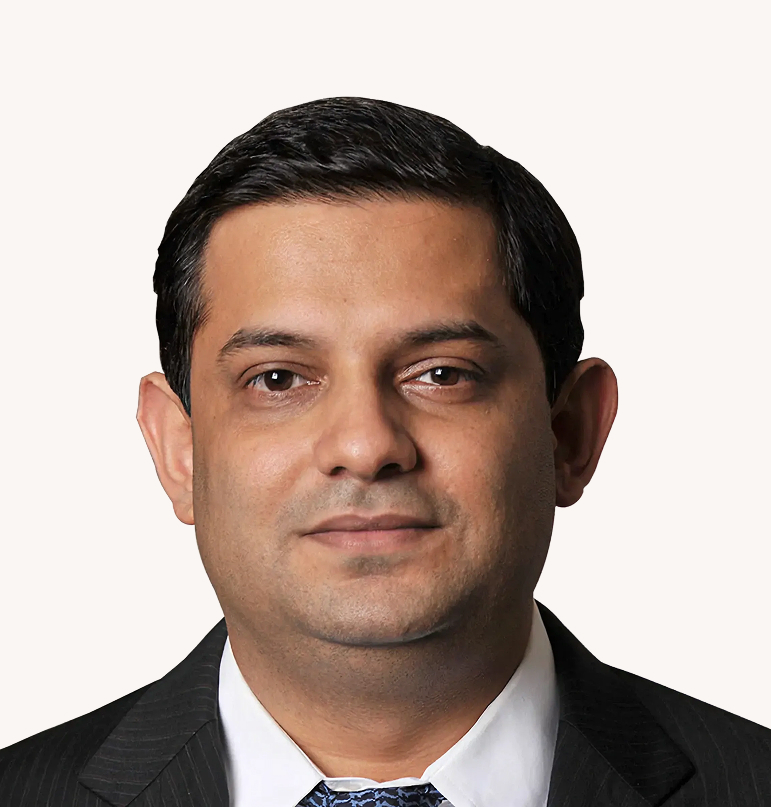There are many investment opportunities available for people to invest. The common investments may be of two categories – equity-oriented investments are market linked and contribute to equity capital of businesses, while debt-oriented investments are non-linked and invest in fixed-return instruments.
There are capital risks involved in equity-oriented investments, but along with the risks, the prospect of getting superior return is there in comparison to debt-oriented investments.
On the other hand, the risk of losing the capital invested is technically not there in the debt-oriented investments, but the prospect of earning higher return than the the pre-decided rate of return is absent.
Although many traditional investment instruments are available in both equity-oriented and debt-oriented categories, but most of them have generalised investment patterns and individual investors have little say in portfolio compositions.
With large amounts to invest, High Net worth Individuals (HNIs), however, want their say on investment management to generate superior returns by investing in niche segments, which are otherwise out of bound for traditional investment products due to higher regulatory controls.
“Alternative Investment Funds are an avenue to pool in funds for investing in private equity, real estate or hedge funds,” said Nitin Rao CEO InCred Wealth.
As described by Rao, there are 3 categories of AIFs :
Category I AIF are those funds that invest in start-ups or social venture funds, infrastructure funds, SME funds, and so on. The government or regulators consider this category of funds as socially viable or economically desirable.
Category II Funds are those that do not leverage or borrow, other than to meet the day-to-day operational requirements. This category typically consists of Private Equity Funds and Debt funds.
Category III funds typically comprised of Hedge Funds that employ diverse or complex trading strategies. By investing in listed or unlisted derivatives, AIF managers try to employ leverage.
“Generally, having significant previous experience in handling entrepreneurial funds and/or Mutual Funds, AIF fund managers tend to bring more experience than MF managers, to bring in better management and innovation,” said Rao.
So, AIFs provide HNIs opportunities to generate superior returns through customised investments.
However, with lower regulatory control and interventions, AIFs carry more risks compared to MFs and other traditional investments.
“It must be noted that by nature AIFs carry more risk, have a lock-in period and require time for the strategy to play out. As a result, they are suitable only for those who are willing to wait for the innovative theme to play out and carry the risk for such time. Investors should invest in AIFs only if their risk profile aligns with this expectation,” said Rao.
Cautioning the HNIs on the higher risk factor, Rao said, “In terms of allocation to AIFs, the overall portfolio allocation to the underlying asset is important to keep in mind, however it would be prudent to not to go beyond 5 per cent in a non-traditional AIF in a single name.”













